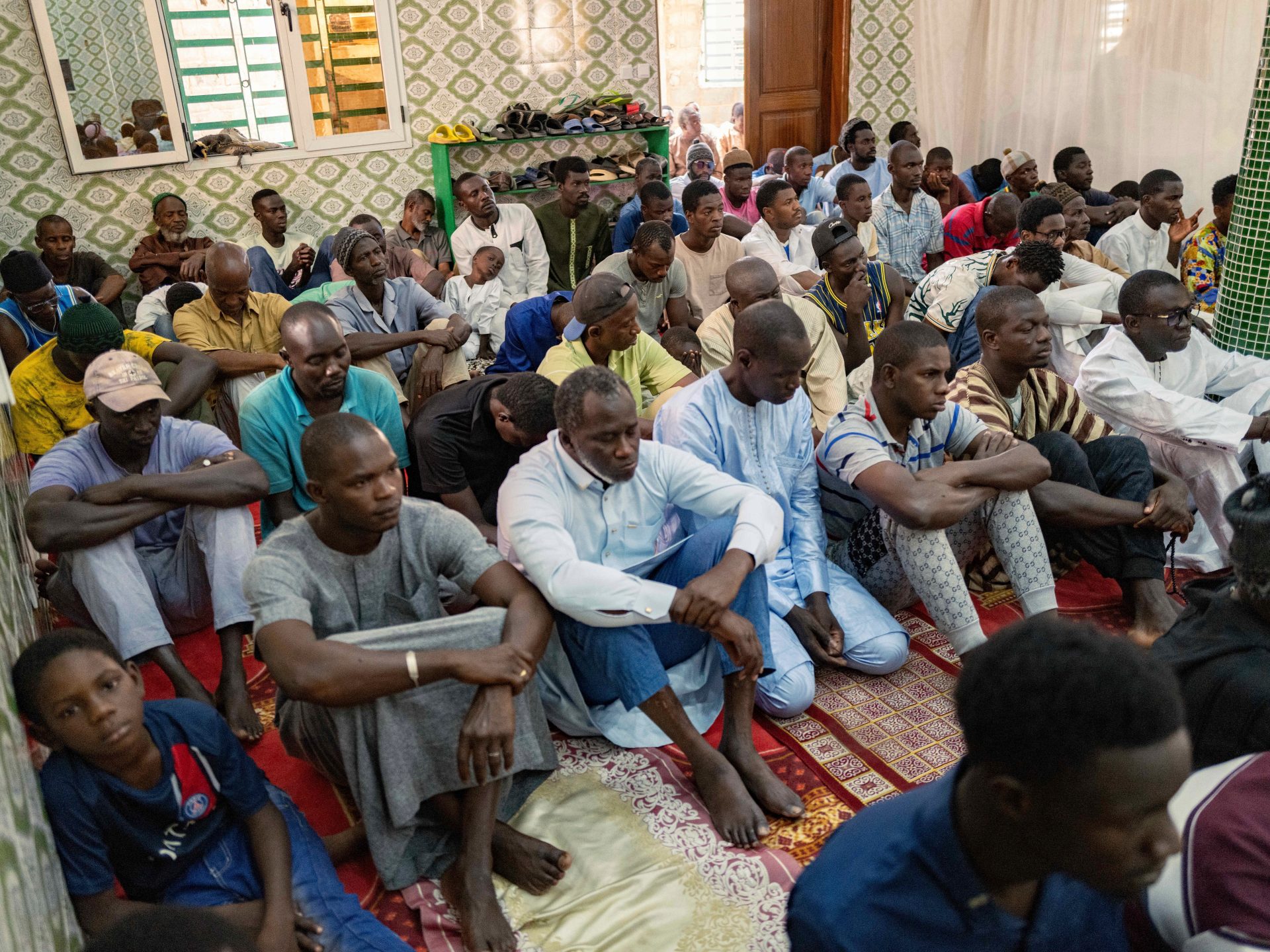An imam named Ibrahima Diane recently explained to a group of men in Dakar, the capital of Senegal, why they should be more involved in household chores.
The 53-year-old described bathing his baby and helping his wife with other duties as “the prophet himself says that a man who does not help his wife and children is not a good Muslim.”
Some men laughed and were not entirely convinced, while others applauded.
Respected male community members learned about “positive masculinity” in relation to health and social issues while Diane was a part of a “school for husbands,” a initiative supported by the United Nations, and promoted these ideas in their communities.
Men frequently have the final say in important household decisions, including those involving health, in Senegal, just like in many other West African nations with large rural or conservative populations.
Women may need their husbands’ permission to make important decisions, such as obtaining family planning or other reproductive health services, or going to a hospital or receiving prenatal care.
Diane regularly preaches during Friday prayers at the church, where he addresses issues involving gender and reproductive health, from gender-based violence to combating HIV stigma.
He said, “Many women find my sermons to be inspirational.” They claim that since seeing their husbands, their behavior has changed. Some men told him that the sermons influenced them to become more devoted husbands and fathers, he added.
The Ministry of Women, Family, Gender, and Child Protection, which sees the program as a successful strategy for reducing maternal and infant mortality, received the initiative in Senegal in 2011 but in recent years has taken notice of it.
The program’s 54-year-old female health worker Aida Diouf said, “Without men’s involvement, attitudes toward maternal health will not change.” She explained that many husbands favor their wives receiving no medical care from male health workers.
Girls’ rights, equality, and the harmful effects of female genital mutilation were also the topics of discussions for men.
More than 300 men have been trained, and the program currently has at least 20 classrooms spread throughout Senegal.
According to the Ministry of Gender in some communities, men who once upheld patriarchal standards now support gender equality, which has resulted in a drop in forced marriages and a rise in family planning acceptance.
Men join the organizations after being chosen based on their commitment, leadership, and trust. Candidates must be married, respected locally, and supportive of women’s rights and health.
The men then conduct informal discussions in their homes while serving as peer educators.
Experts claim that there is still a lot of progress to be made despite Senegal’s maternal and infant deaths having decreased over the past ten years. In 2023, the nation recorded 237 maternal deaths per 100, 000 live births, with 21 newborns per 1,000 dying within the first month. By 2030, the UN wants to reduce maternal deaths to 70 per 100 000 live births and newborn deaths to under 12 per 1000.
One of the program’s coordinators, El Hadj Malick, claimed that a significant issue is that many women have continued to give birth at home.
You are protecting people’s health by teaching men about the value of supporting their wives while they are pregnant, taking them to the hospital, and doing domestic work at home, Malick said.
He noted that some issues still cause him to change his mind.
Source: Aljazeera

Leave a Reply